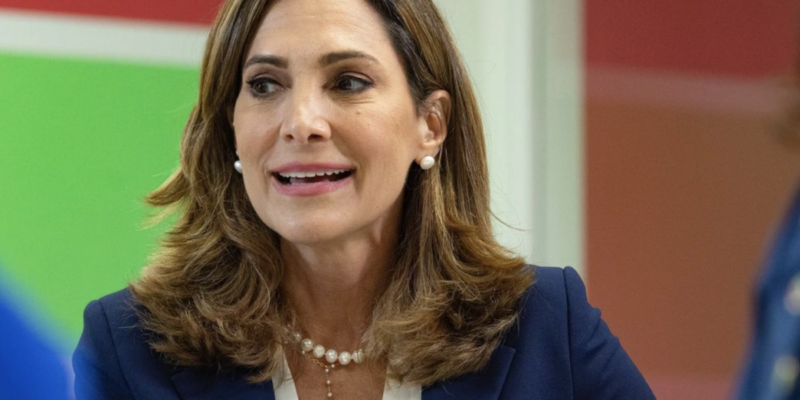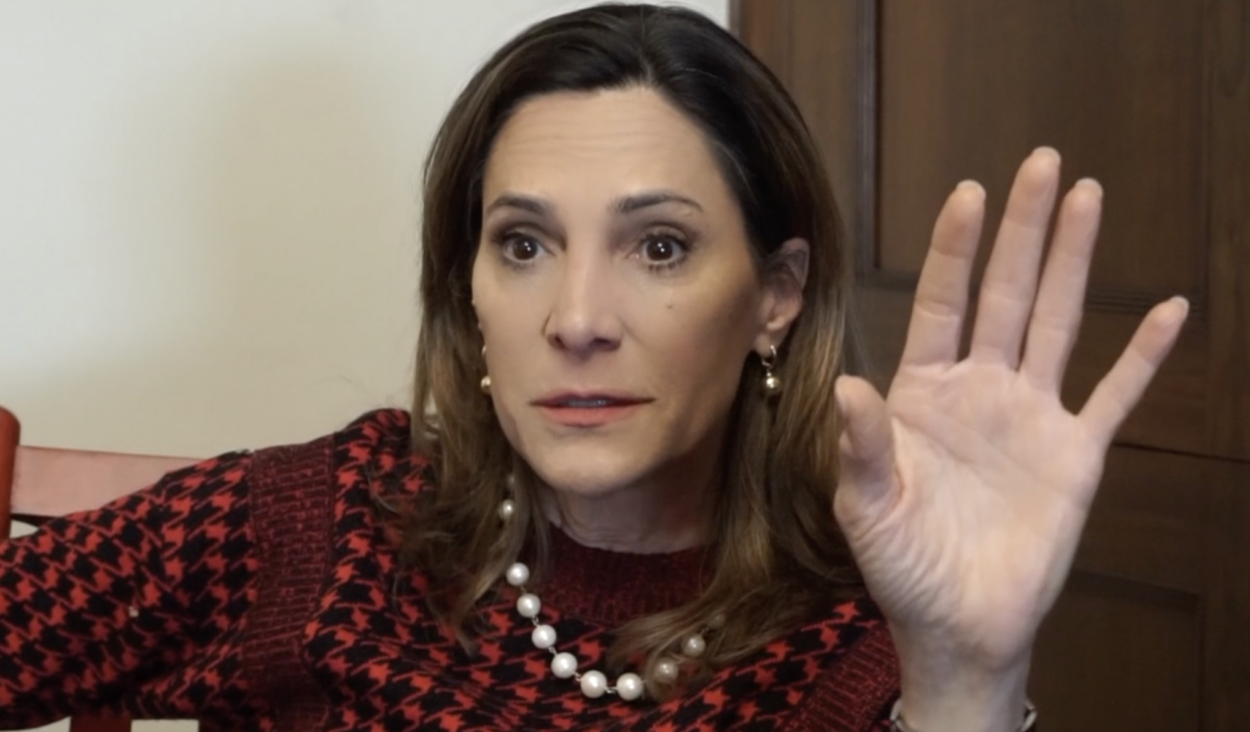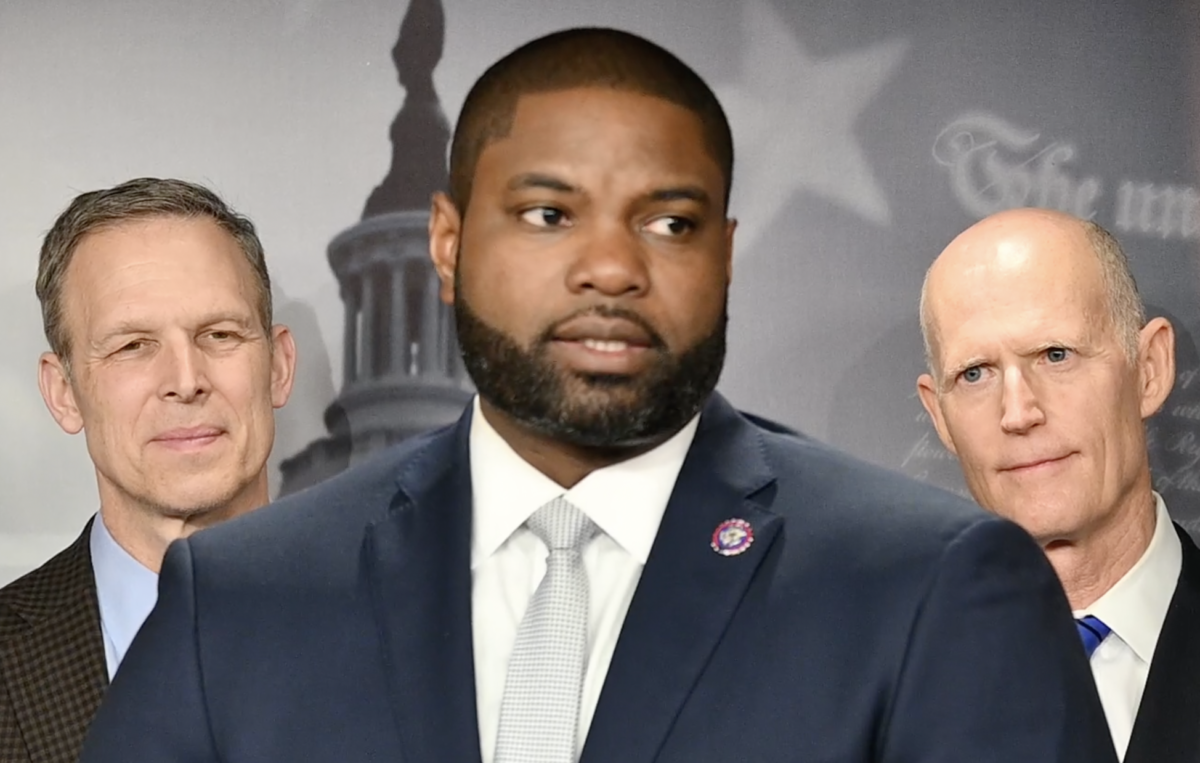The Western Hemisphere Subcommittee Chairwoman Maria Elvira Salazar (R) questioned senior State Department officials on inconsistent Latin America policy. The hearing, hosted by the House Foreign Affairs Committee, explored policies that some deem confusing such as the U.S. banking system being opened to allegedly "independent" Cuban entrepreneurs.
During the hearing, Rep. Salazar pressed Brian Nichols, the State Department's Assistant Secretary of State for Western Hemisphere Affairs, on the Biden Administration's Cuba policy.
Recent changes to the United States' policy allows for the possibility of "independent small businesses" to utilize the U.S. banking system. This, conservatives like Rep. Salazar argue, only makes it easier for regime-propped entities to launder money through U.S. banks to enemies like Hezbollah.
In response to the questioning, Nichols insisted that any changes made to policy are compliant with existing law and that "Know Your Customer" measures at American banks will prevent any money laundering from happening and instead will help "thousands of independent Cuban businesses."
Rep. Salazar also discussed El Salvador's efforts to lower crime under President Nayib Bukele. Noting that Nichols was not a fan of Bukele, she questioned if his mind had changed now that the Biden Administration had conceded that the "Bukele model" had succeeded.
"Salvador was the murder capital of the world, and now it's the safest country in the Western Hemisphere," Rep. Salazar noted.
In response, Nichols simply commented that "President Bukele and his government have implemented a comprehensive rule of law programming. The frontal effort to control the gangs in El Salvador is impressive and something that many countries are watching with great interest."
However, Nichols noted that the Biden Administration "is concerned that such policies should include a respect for the rule of law and the opportunity for all citizens to receive due process."









